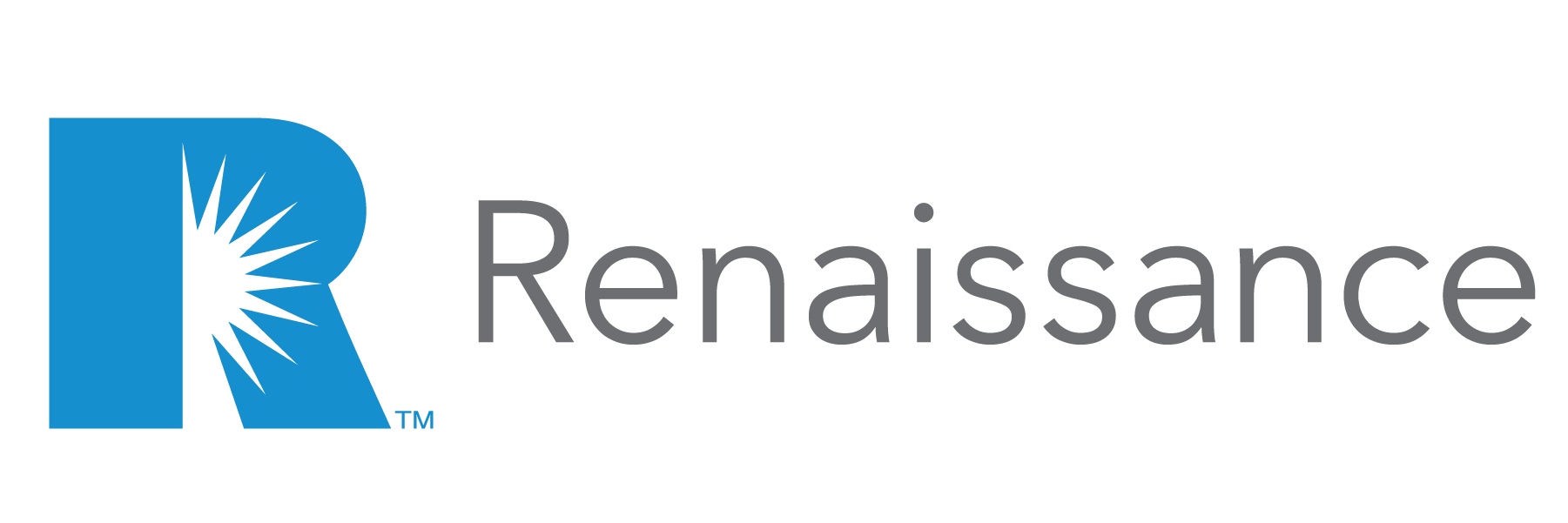Successful how-to strategies for independent agencies seeking to hire and cultivate new producer talent.
Key takeaways:
- Craft a well-defined training plan, and establish milestones for the new hire over a set timeline.
- Assign one of your veteran producers to partner with your new agent, to acquaint them with the sales process and offer the more experienced agent financial incentives to invest them in the success of your new hire.
- For agencies with multiple producers, realign the premium threshold for the members of your sales team.
- To retain successful hires, make those producers part of your long-term business plan.
By Elizabeth Schenk
Having spent 15 years traveling across the country meeting principals, I’ve learned much about why some agencies are successful and others fail when it comes to acquiring and nurturing new producers.
What I’ve discovered is that the most favorable results have been achieved by agencies inclined to set their new producers up for success, not failure. Hiring producers is a process that must be regarded as a shared responsibility among the agency’s leadership to create positive outcomes for the agency and prospective new talent.
All too often, agencies hire a new producer, move ahead with an ill-conceived plan (or none at all), and both parties fail. However, those agencies that achieve the maximum benefit of integrating new producers are the ones that commit to a mindfully conceived, long-term plan with management’s support and guidance.
Hiring a new producer is one of the biggest investments you’ll make in your agency; it’s an expensive and time-consuming proposition. The agency principal is the one who must establish a vision for what that new hire will achieve and then commit to making that vision a reality.
First Steps
To both fuel your agency’s growth and perpetuate it, agency owners should hire a new producer at least every five years. New talent provides your agency with new clients, premium growth, renewed energy, fresh perspective, and can help rejuvenate your staff. To help subsidize these efforts, the cost of future hires must figure into your agency’s annual budget.
When it comes to finding the best fit for a producer, use a recruiter who specializes in insurance (one example would be AEBetancourt, in Grand Rapids, Mich.) The better the hire, the better the chances they’ll excel. If you’d rather conduct your own search, internships work well, connecting with universities who have an insurance program, or keeping your eyes open when you encounter any individual who displays excellent sales skills; this could include anyone in the retail or hospitality industry and beyond.
Leveraging your own network can also be a good way to source candidates. Always be on the lookout for high performers who might someday prove a fit for your agency.
It’s best to hire producer talent based on proper vetting, not your emotions. Rely on the experts to guide you through this very expensive decision. Screen prospective hires by using assessment tools such as those offered by the Omnia Group and Hogan Assessments – you may find that certain candidates are better suited for service rather than sales.
Before you even start, however, self-evaluation should be the first step in hiring a new producer. Consider: is your agency prepared to onboard this new hire and take concrete steps to foster an environment in which this individual can thrive?
When asked, many principals have shared that they’ve never taken that type of approach – and what they’re often left with is bright talent sitting in a cubicle with a list of leads who’ve been told to go sell, with little guidance. The agency owner must be fully committed to developing this individual and involved in setting and tracking performance goals over a concrete timeline.
Best Practices
Once committed to fostering the success of a new producer within your ranks, here are some best practices for agency principals to follow:
- Create a well-defined training plan. Many of the best elements for crafting an effective plan can be obtained online or from consultants who specialize in producer training. Empower your new hire to excel through proper training and coaching.
- Assign one of your experienced producers to partner with your new agent, and have the latter shadow the former on client visits for a certain period to become comfortable with the agency’s sales process.
- Offer a financial incentive that ties into the veteran producer’s bonus, based on the performance of the new hire. Your experienced producer must be invested in the new producer’s success.
- For agencies with multiple producers, realign the premium threshold for the members of your sales team. Veteran producers should focus on larger accounts, allowing new hires to focus on accounts garnering $500 to $1,000 in commission. Don’t task your seasoned producers with chasing accounts that generate little revenue; rather, this is the perfect incubator for a new producer.
- Establish a timeline and milestones for the new hire (including the amount of premium and/or number of new policies secured, how many proposals delivered, how many calls made, etc.), and begin the review process immediately. This enables you and the new producer to clearly communicate expectations and make it known what the consequences will be if those targets are not met.
- Meet with your new producer weekly to review his or her progress.
Additional Tips
When possible, hire two new producers at the same time. This helps to create a “buddy system” that fosters healthy competition and can help counter generational isolation.
Seek to hire candidates within 10 years in age of each other, and from a separate generation from yours. Each new age group of producers thinks differently, sells differently and operates differently; leverage this to your agency’s advantage.
Allow room for creativity; methods that work well for you might not be suited for a new hire. Members of GenZ (those born between the mid-1990s and mid-2010s), for example, rely heavily on social media, and can be skilled at building quality client relationships online. They are also adept at using technology. A 65-year-old agency principal, on the other hand, might find this far more challenging. Conversely, tried-and-true, shoe-leather sales processes won’t work for the younger set. Listen to their ideas.
Consider dedicating your new producer to a specific niche. You can train the new hire to become an expert in a particular class of business (for example, manufacturers, contractors, or the hospitality industry), and empower them to develop a strong knowledge base of the exposures so that they can confidently target those accounts. Rather than having them operate as a generalist, this approach enhances the new producer’s focus and skill.
Retention Strategies
If you’re fortunate enough to find the right producer talent and lead them into a successful career with your agency, the next step is retaining them. The last thing you want to do is successfully hire and train a producer who builds a strong book of business and then allow them to stagnate without any hope of a future at your agency.
The most successful agencies will develop and present a long-term ownership plan that includes a series of targets for the agency’s book, and the ownership-percentage options associated with achieving those goals.
If you’re put off by the idea of crafting a succession plan, don’t be. Not only will it help ensure the future of the business you’ve built, but when introduced in the early stages of a talented producer’s career, it enables them to stay motivated to sell and grow into achieving ownership over time.
Your agency culture should foster growth, and bringing new talent on board provides both a boost in morale and extended bandwidth to power the acquisition of new business. A thoughtful, well-executed plan, continuous follow-up, and making new producers a true part of your long-term business plan are the keys to making new hires well worth your investment.
Elizabeth Schenk is Regional Executive Vice President, Mid-Atlantic, for Renaissance.







